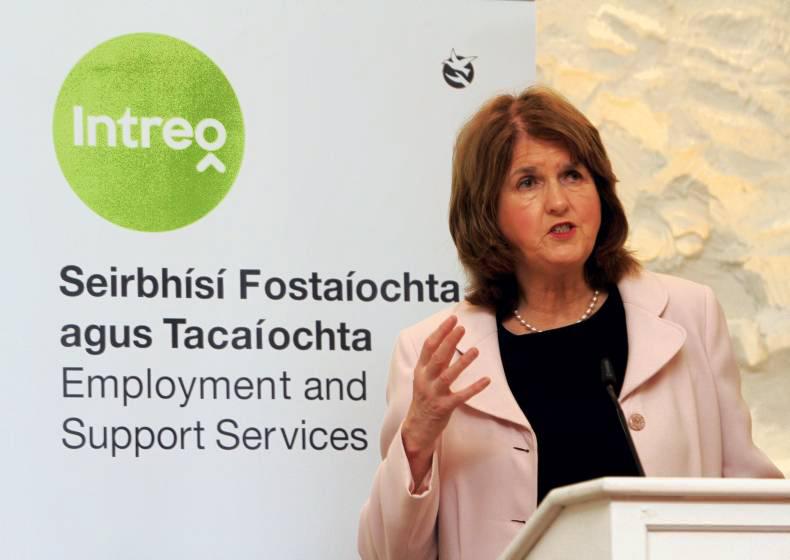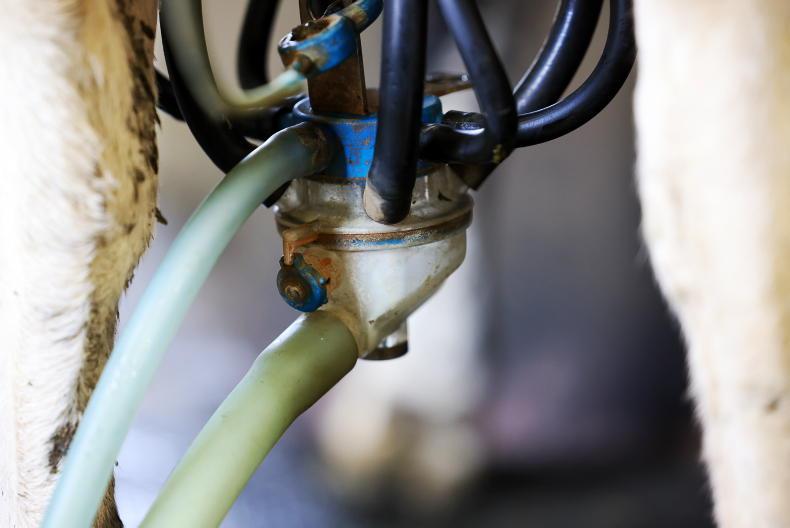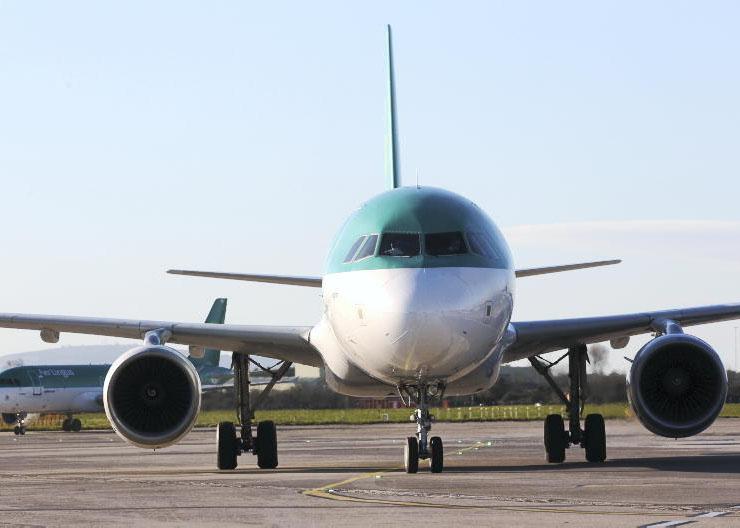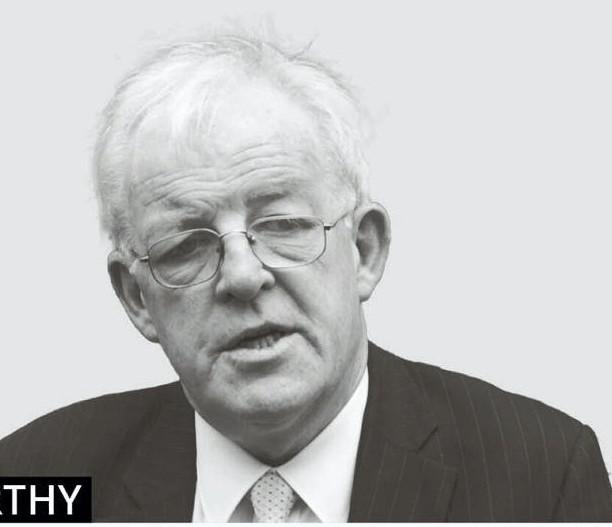The Irish Government owns almost 100% of AIB, acquired by accident and at enormous direct and indirect cost. If the bank completes its recovery, the Government plans to sell its shares and Finance Minister Michael Noonan has, according to press reports, pencilled in receipts of €3.5bn on disposal of a 25% interest later this year. That is to say he expects new shareholders to stump up €3.5bn for the privilege of joining the share register of a company where politicians will remain in majority control.
The same Government has received an offer of about €340m for its minority 25% stake in Aer Lingus. The offer has provoked a response from Government deputies, particularly in the Labour Party, unlikely to reassure any potential investors in AIB, where 10 times the Aer Lingus money is being sought.
At the Labour conference in Killarney, delegates passed a motion demanding a comprehensive wishlist of commitments from the prospective purchasers of Aer Lingus. These include guarantees to trade unions and existing employees which they do not currently enjoy, guarantees on the continuation of air routes which do not attach to the shares being disposed of, and unconditional guarantees about expansion which any commercial acquirer would regard as a risk.
If someone offers €10,000 for your horse, free and clear, and you impose conditions on the horse’s future career (say it should never be raced again, or can only be raced at Mallow), you should expect a reduction in the offer. In the limit, you should expect the offer to be withdrawn.
The potential acquirer of Aer Lingus has already made credible commitments to retain services and to maximise the growth potential of the airline. It would hardly be offering €1.36bn for the company if it proposed to run it down. There is no other bidder for Aer Lingus and if anyone else was thinking of making an offer, they will have been discouraged by the antics of both Government and opposition politicians.
The Labour delegates also considered what to do with the €3.5bn proceeds from selling 25% of AIB, having jeopardised the useful €340m on offer for the Aer Lingus stake.
Michael Noonan had indicated that he proposed to devote the AIB proceeds to paying down some of the national debt, currently €205bn and swollen considerably by the costs of bailing out AIB and other banks in the first place. The €3.5bn for one-quarter of AIB was apparently regarded by Labour delegates as in the bag, waiting to be spent.
It is devoutly to be wished that the Government does indeed secure a good price when the time comes, if it does, to exit from the unintended ownership of a large slice of the Irish banking system. However, a decent price will not be secured if the performance over the Aer Lingus stake is repeated.
Will the Labour Party be seeking, for example, job guarantees for all AIB employees? Will a prohibition on branch closures and other cost-control measures be imposed? How about guaranteed credit availability to politically-favoured groups? It is not difficult to envisage, with the Aer Lingus carry-on as a template, a set of political conditions being imposed which would scare any potential investor away from AIB. How would you like to pay €3.5bn to become a minority shareholder in a company controlled by Irish politicians?
Having behaved in a manner likely to diminish receipts from an AIB sale, the Labour conference proceeded to address the attractive task of spending the presumed proceeds. According to The Sunday Times, Labour leader Joan Burton promised to devote the money to ‘‘social benefit’’, by which she meant current expenditure financed from selling the shares. She continued: ‘‘...it is only right that the people share in any benefits that flow from selling them.’’
The economic logic of this position is that capital proceeds devoted to the reduction of debt are somehow wasted. Better to spend them on current consumption, which would constitute, according to Burton: ‘‘...a measure of fairness for the massive injustice inflicted on all of us’’. To sell off assets accidentally acquired at the cost of an escalation in debt to unsustainable levels must not (in fairness) be regarded as an opportunity to reduce those debts back towards sustainability. This makes sense only to politicians worried by opinion polls.
With the economy finally beginning to show signs of a more broadly-based recovery, perhaps it would be best if there were an early general election, hopefully delivering a Government that could take a less populist and more medium-term view. This Government has done a decent enough job until recently. It is a shame to see the loss of nerve over so many areas of policy in the last 12 months.









SHARING OPTIONS